Supporting Your Vision Through Every Stage of Adulthood

Common Eye Conditions in Adults
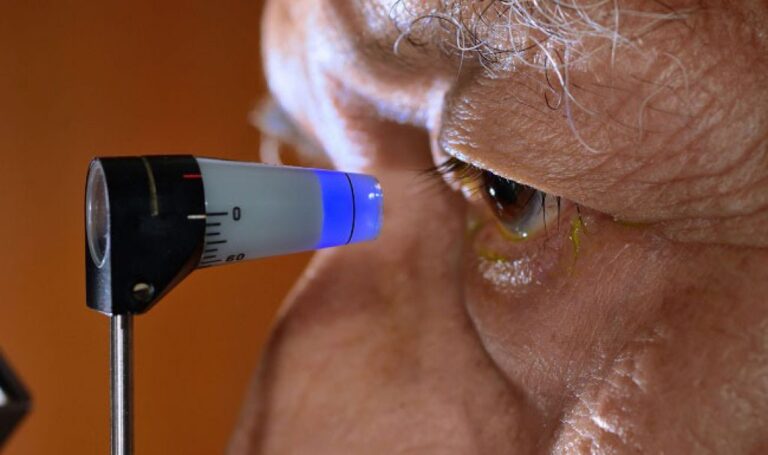
Age-related Macular Degeneration (AMD)
A progressive condition affecting the central part of the retina (macula), leading to difficulty reading, recognising faces, and seeing fine detail. Early diagnosis can help slow progression.
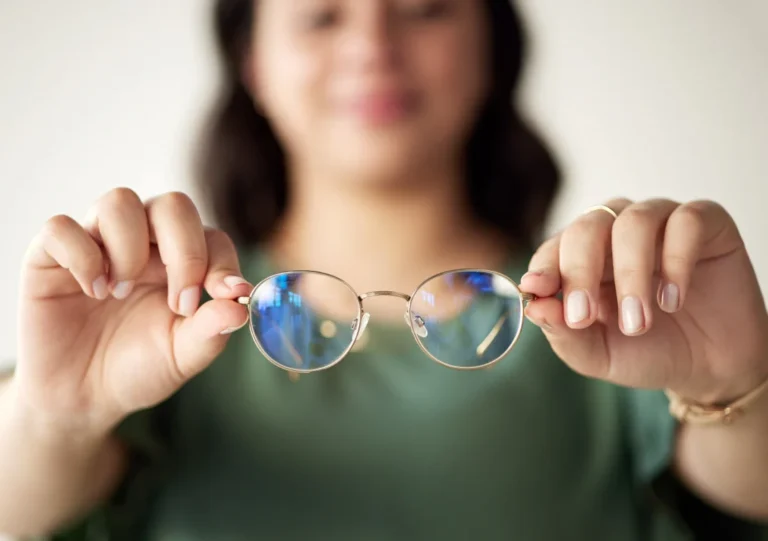
Astigmatism
Irregular corneal curvature leads to distorted or blurred vision at all distances. It can be corrected with glasses, contact lenses, or laser surgery in suitable candidates.
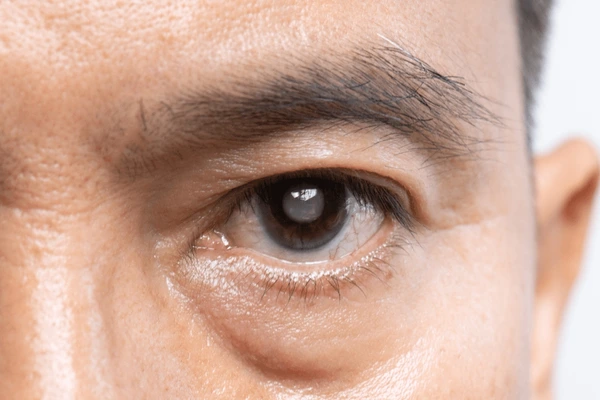
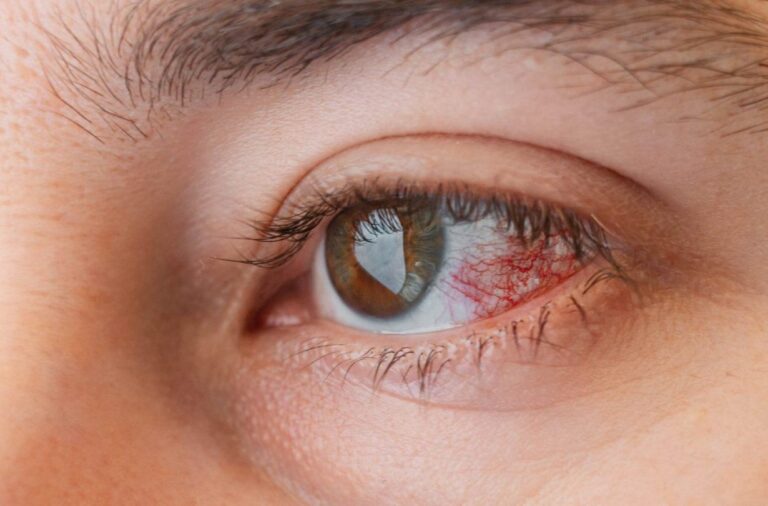
Corneal Ulcers
Infections or trauma can lead to open sores on the cornea, resulting in pain, redness, and potential scarring. Contact lens users are particularly at risk.
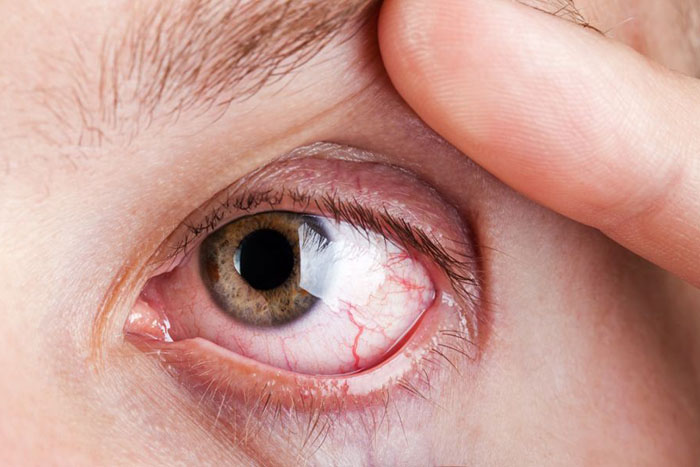
Diabetic Eye Disease
Diabetes can damage the blood vessels in the retina (diabetic retinopathy) or cause macular swelling (diabetic macular edema). Regular retinal screening is key, even before symptoms appear.
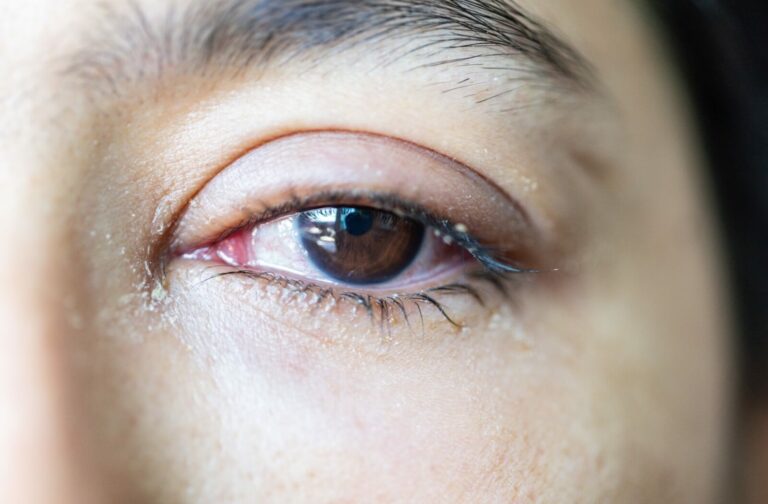
Dry Eye Syndrome
Common in adults who spend long hours in air-conditioned environments or on digital screens. Symptoms include stinging, gritty sensation, and blurred vision that improves with blinking.
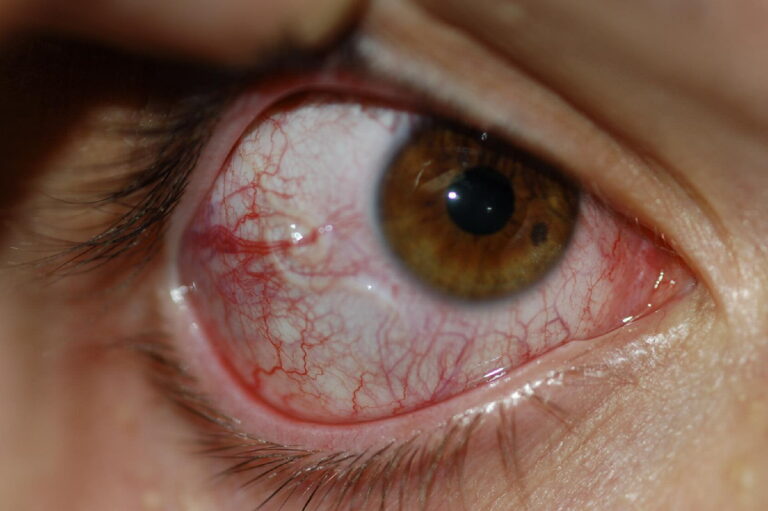
Eye Injuries / Foreign Body / Trauma
From workplace accidents to DIY mishaps, we manage corneal abrasions, foreign bodies, and blunt injuries, some of which may require urgent treatment.
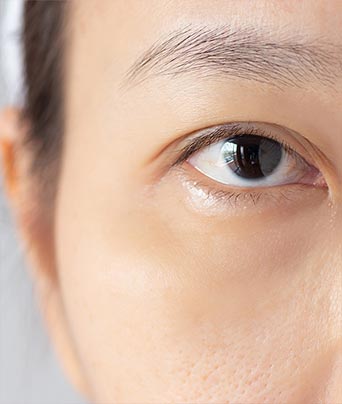
Eyelid Conditions / Styes
Swollen, red lumps at the eyelid margin may be caused by blocked oil glands or infection. Some resolve with warm compresses, while others require medical attention.
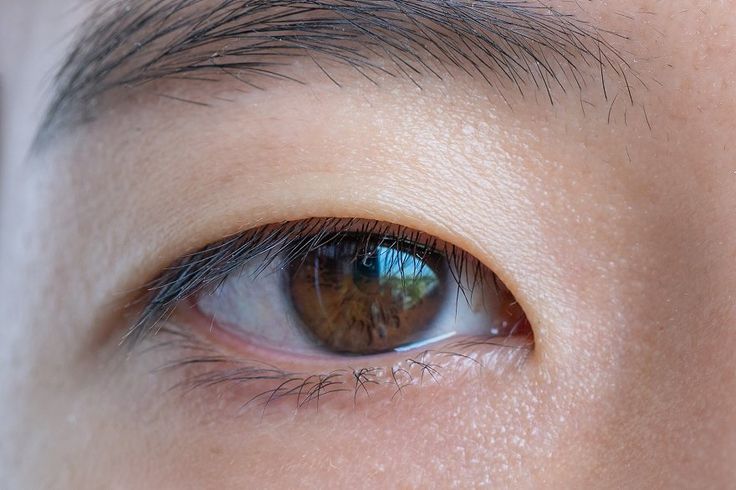
Flashing Lights & Floaters
Often caused by age-related changes in the vitreous gel, but may signal a retinal tear or detachment. Prompt assessment is recommended for new or sudden symptoms.

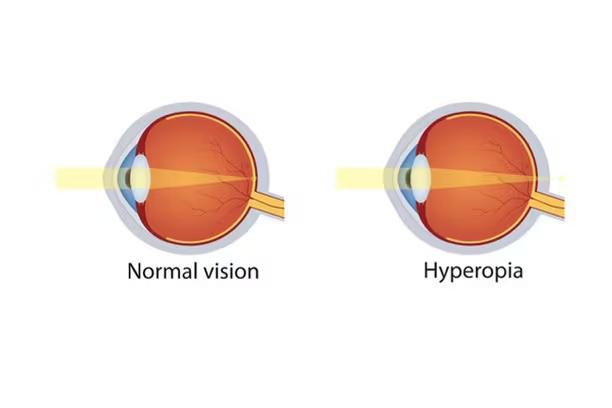
Hyperopia (Farsightedness)
Difficulty with near vision and eye strain, especially in adults over 40, may be due to uncorrected hyperopia.
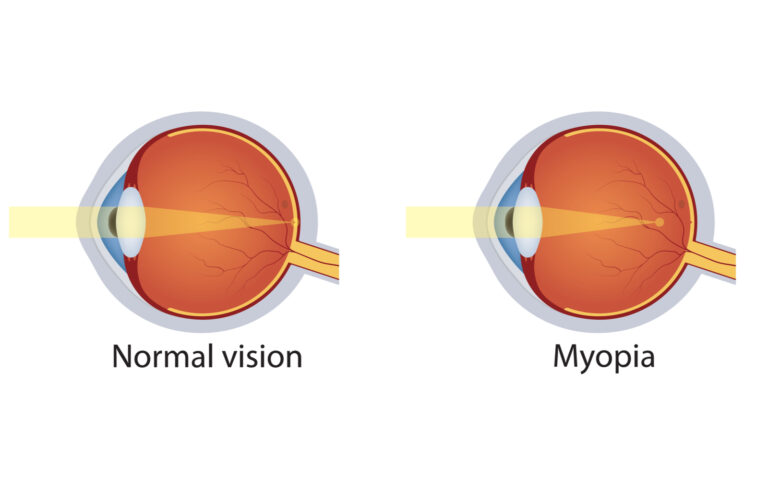
Myopia (Short-sightedness)
Distant objects appear blurry. Myopia can remain stable or progress into high myopia, which increases the risk of retinal issues.
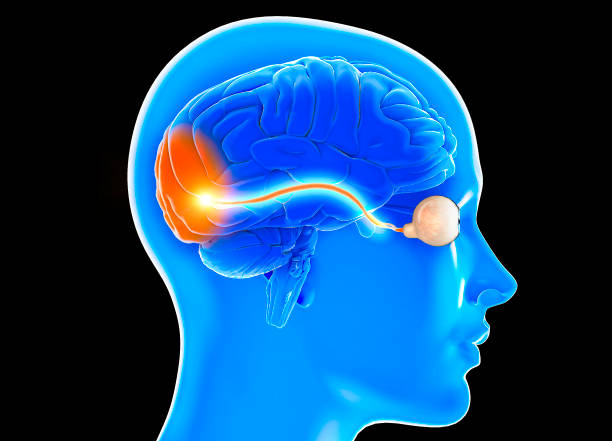
Neuro-Ophthalmology Conditions
Includes visual problems related to the optic nerve or brain, such as optic neuritis, double vision, or visual field loss. These require detailed evaluation and coordination with neurology.
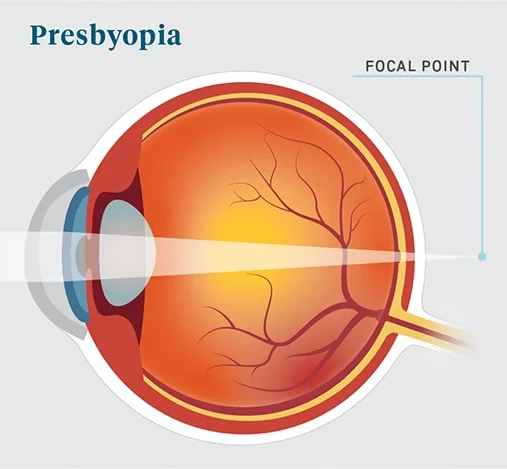
Presbyopia
A natural ageing process where the eye loses its ability to focus up close, often beginning in the early 40s. Reading glasses or multifocal options can help.
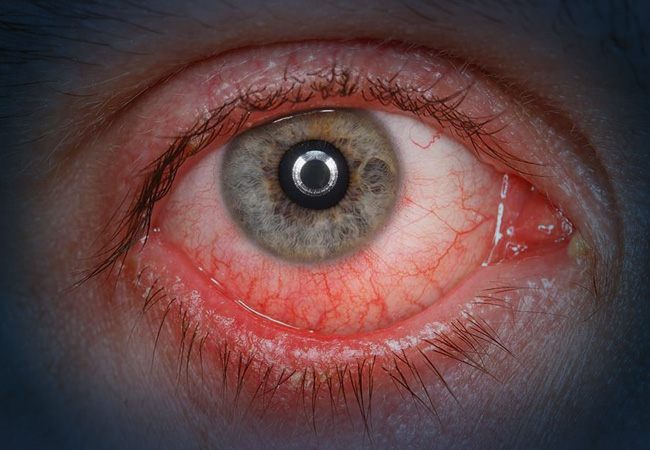
Retina Diseases
We manage a range of retinal conditions, including macular holes, epiretinal membranes, and retinal detachment, all of which may impact central or peripheral vision.
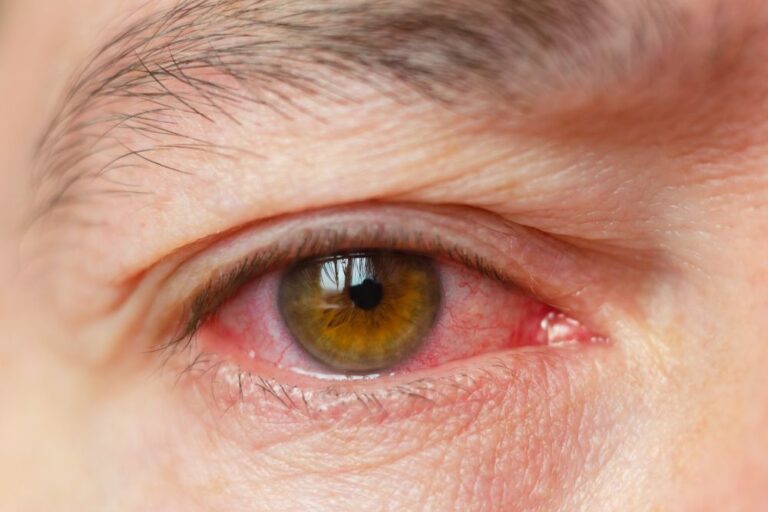
When to See an Eye Specialist
- Blurred or distorted vision
- New floaters or flashes of light
- Red, painful eyes
- Sensitivity to light
- Difficulty with reading or night vision
- A “shadow” or curtain across your vision
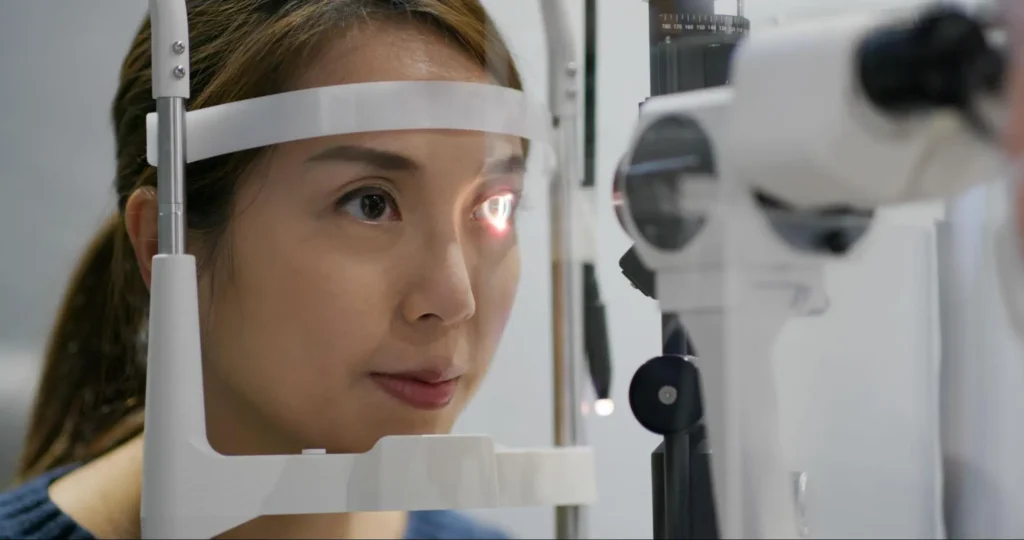
Book a comprehensive eye consultation at London Eye & Retina to protect your vision.
